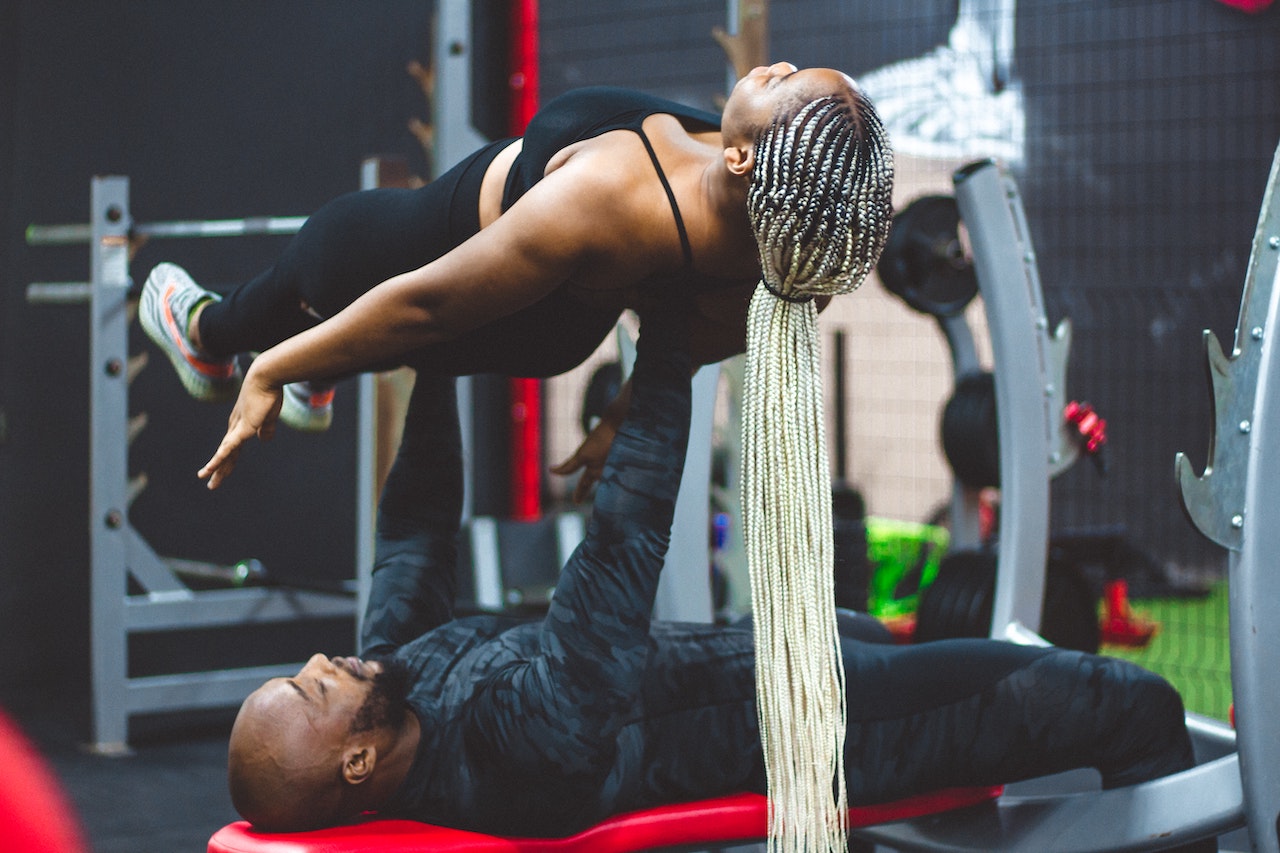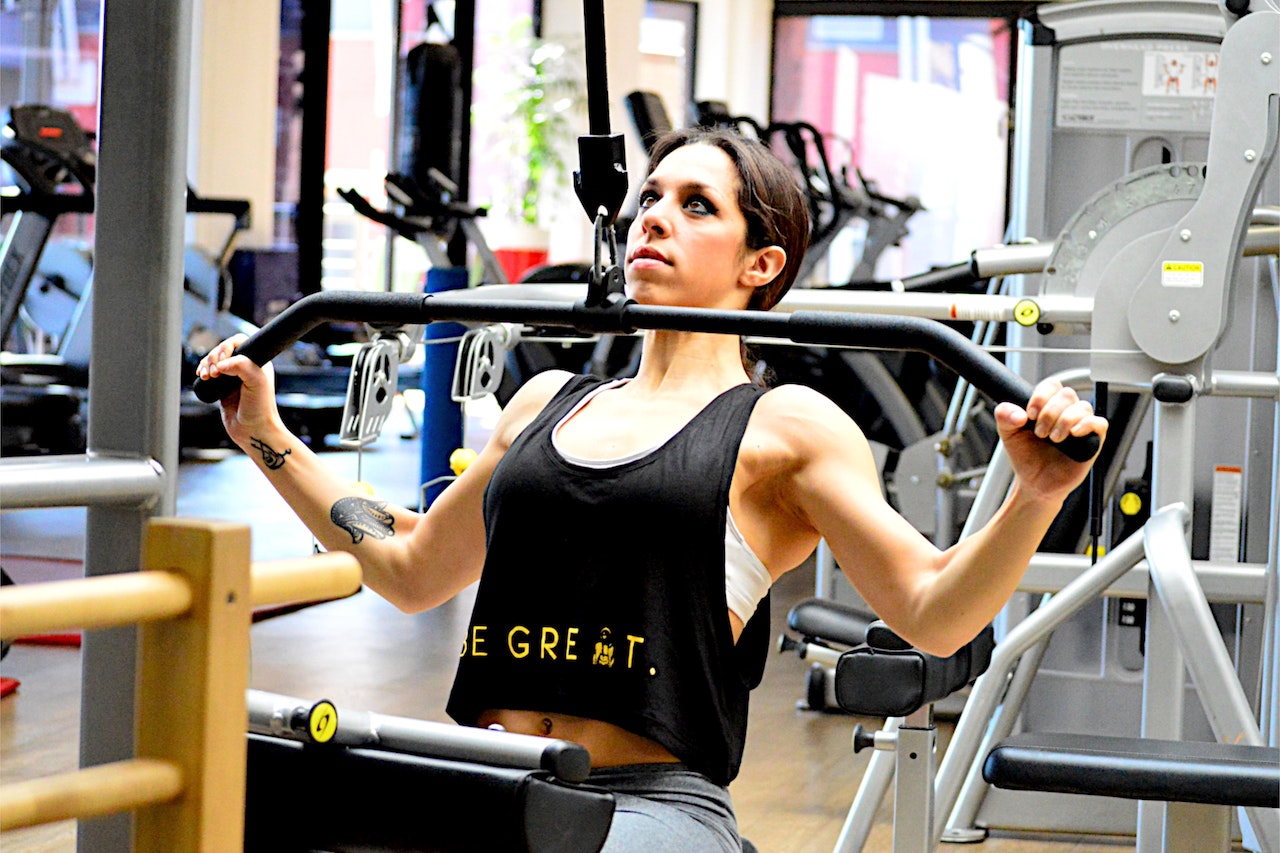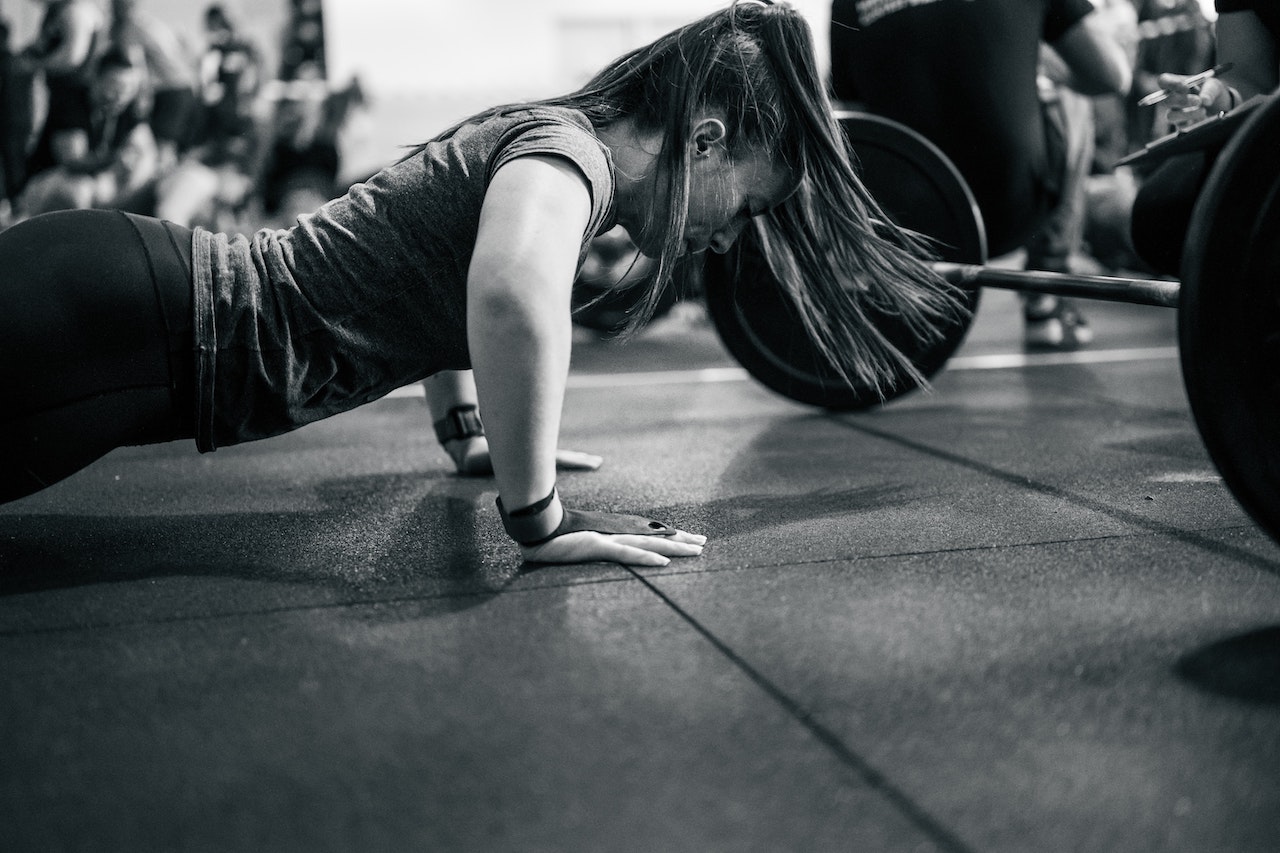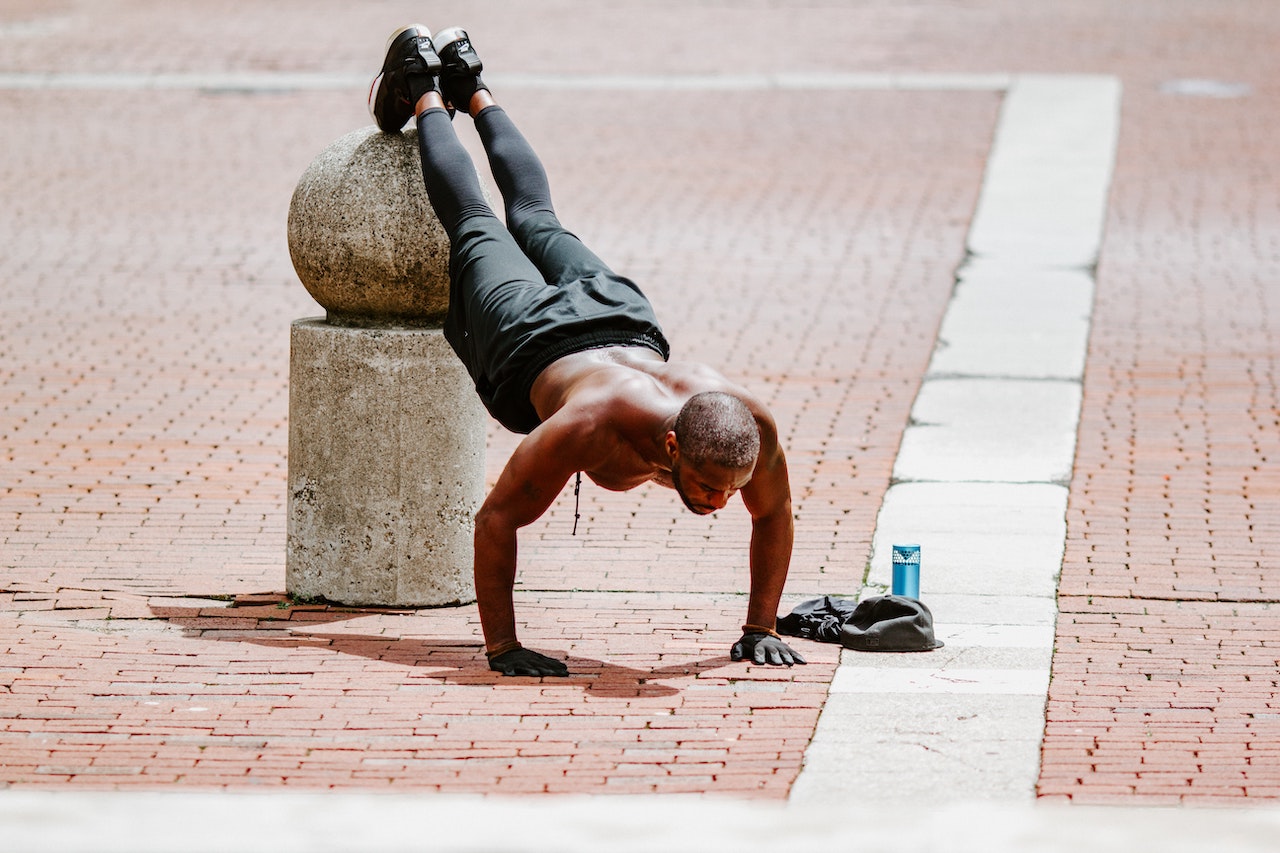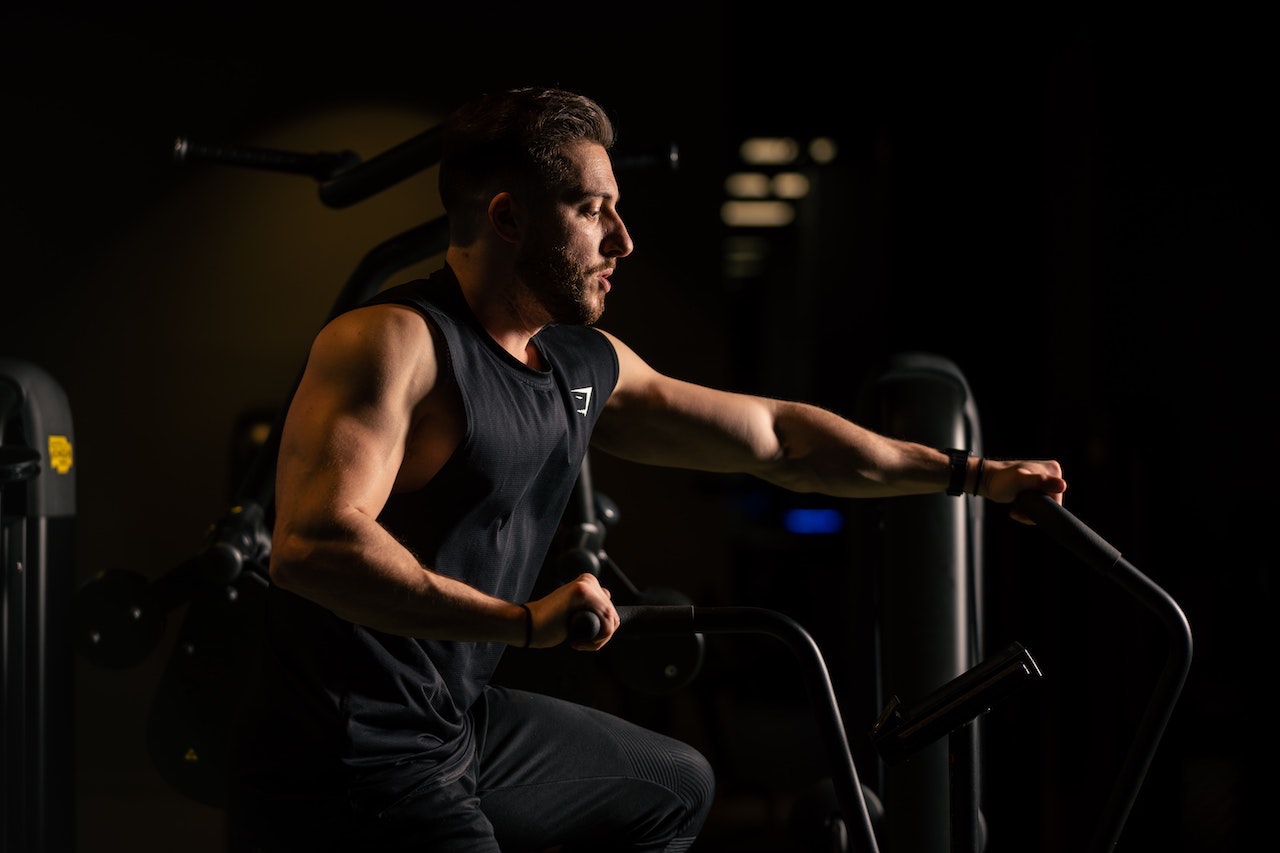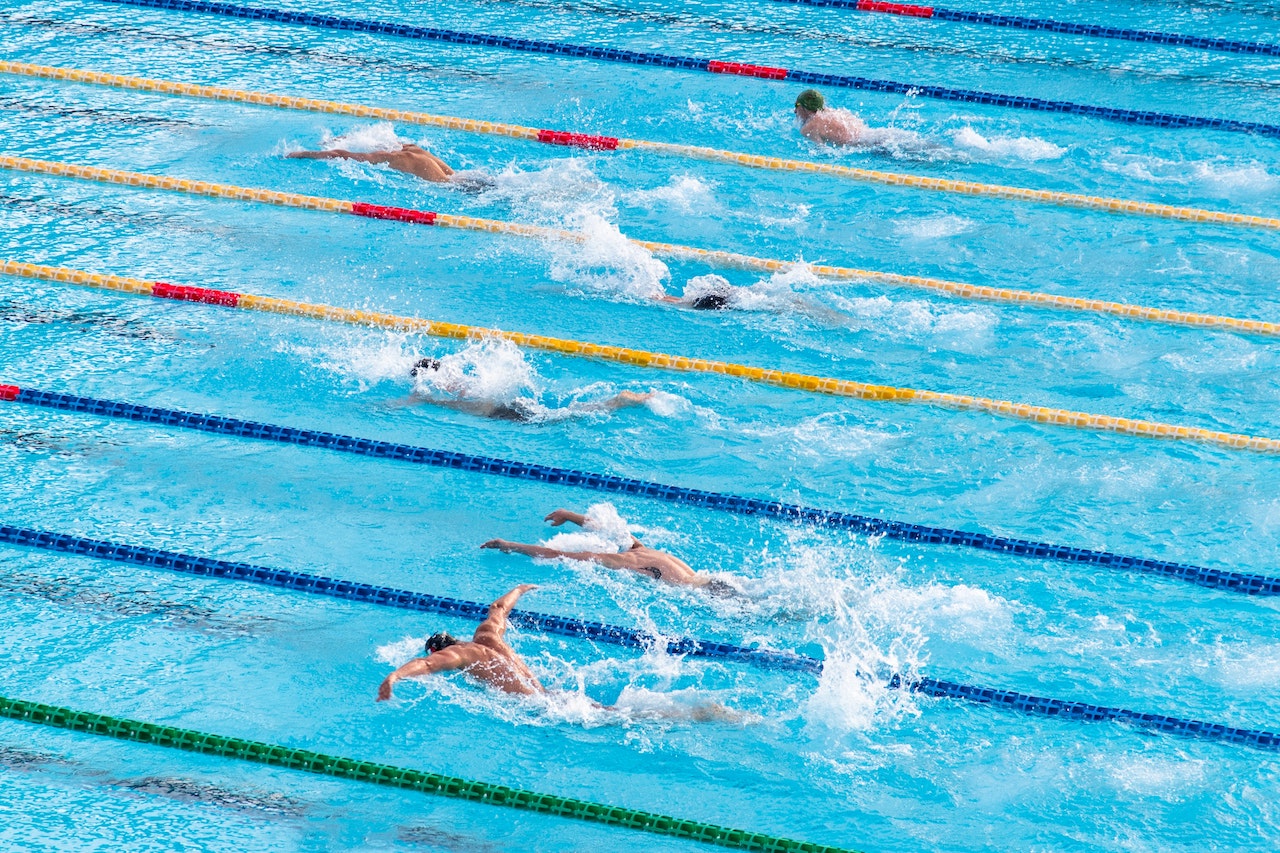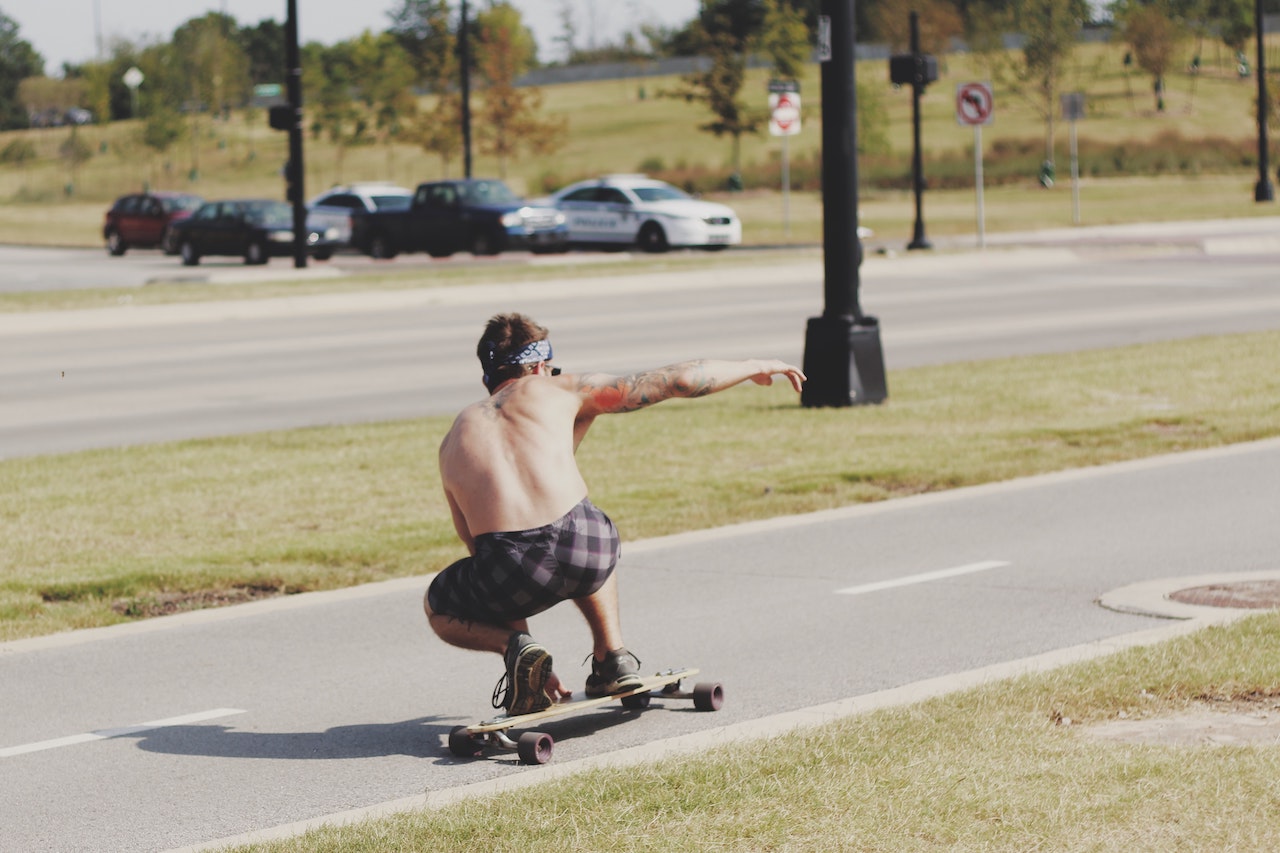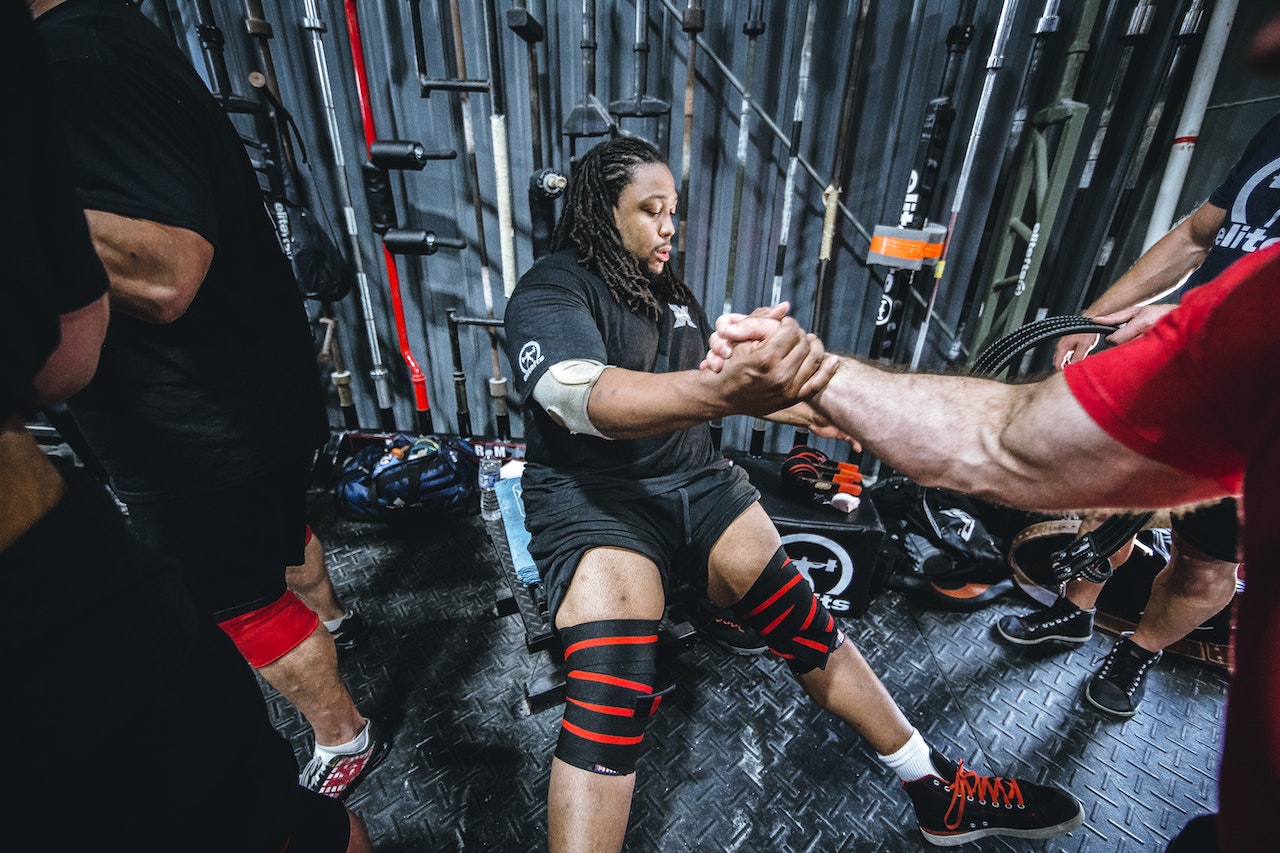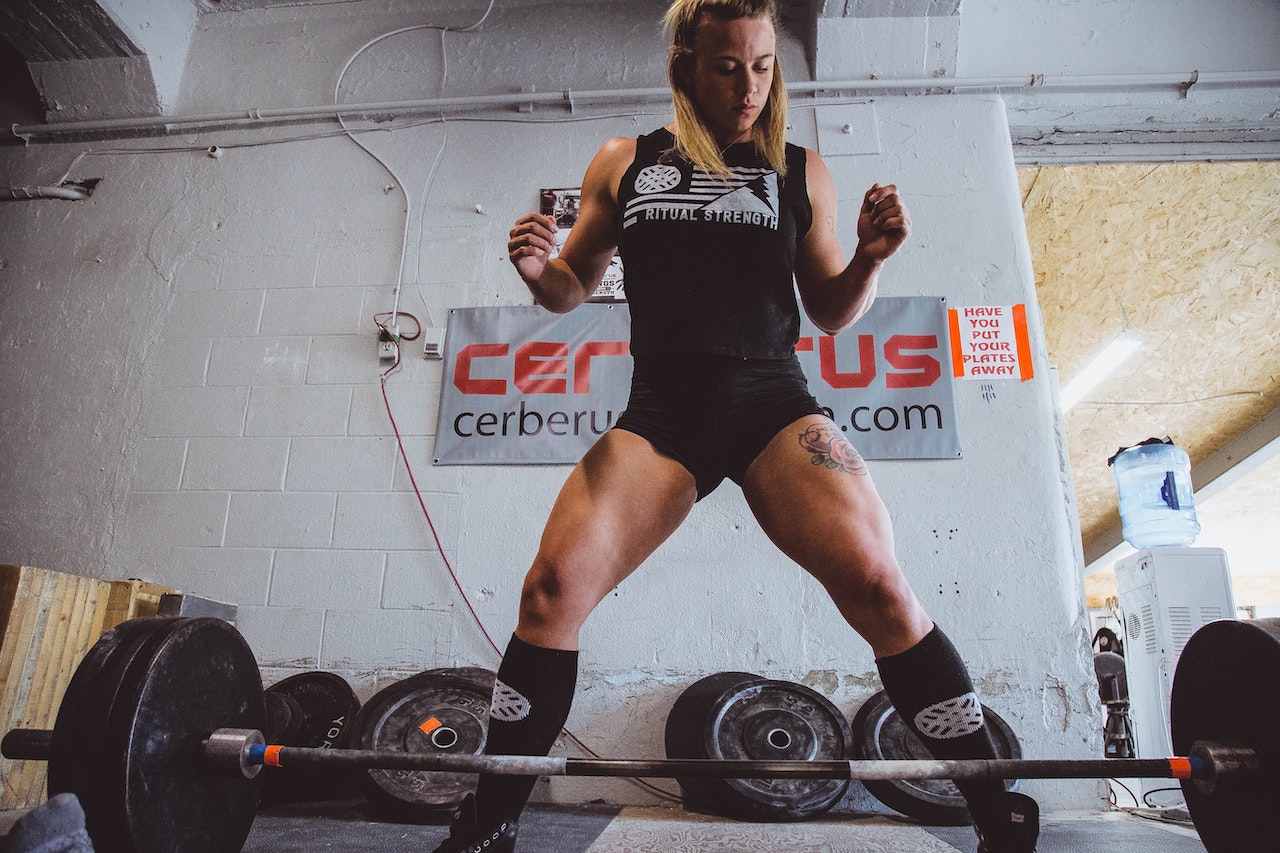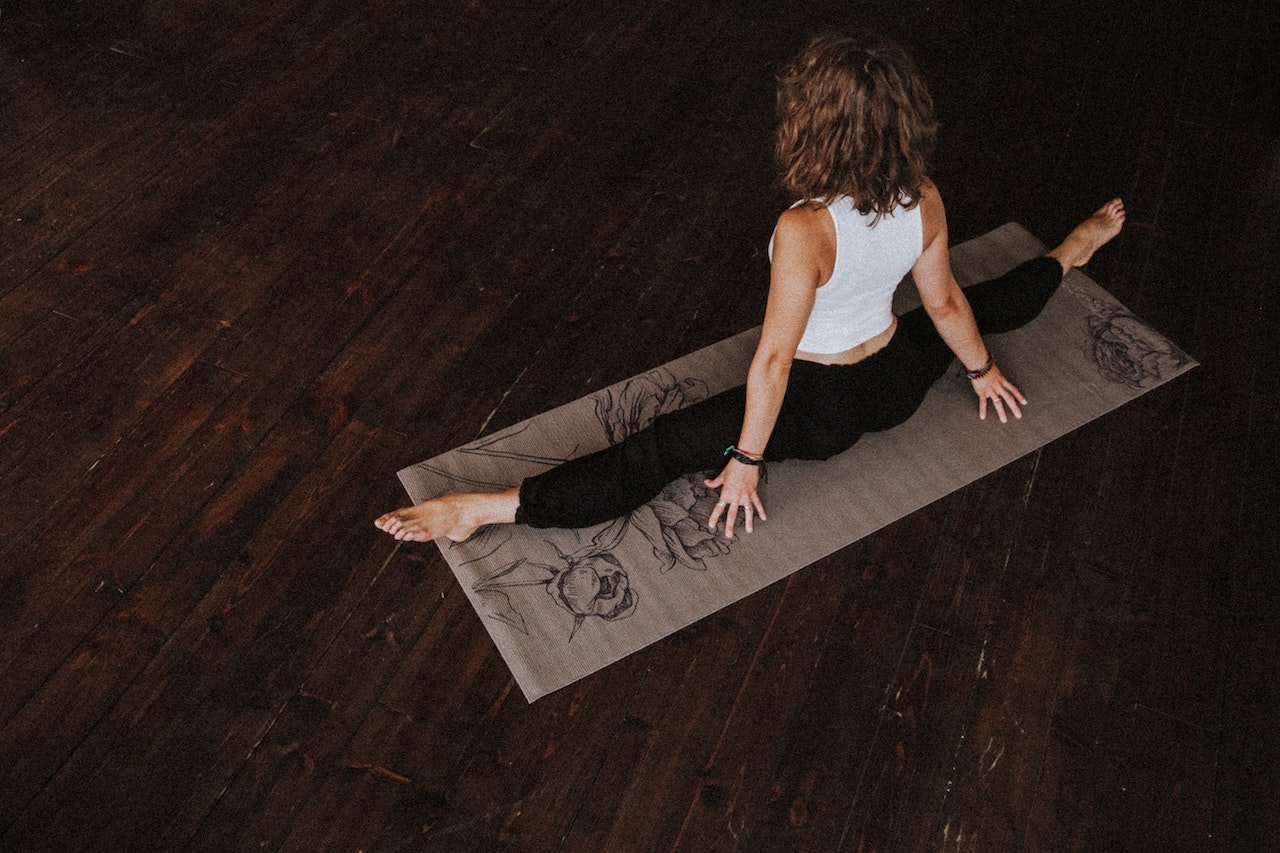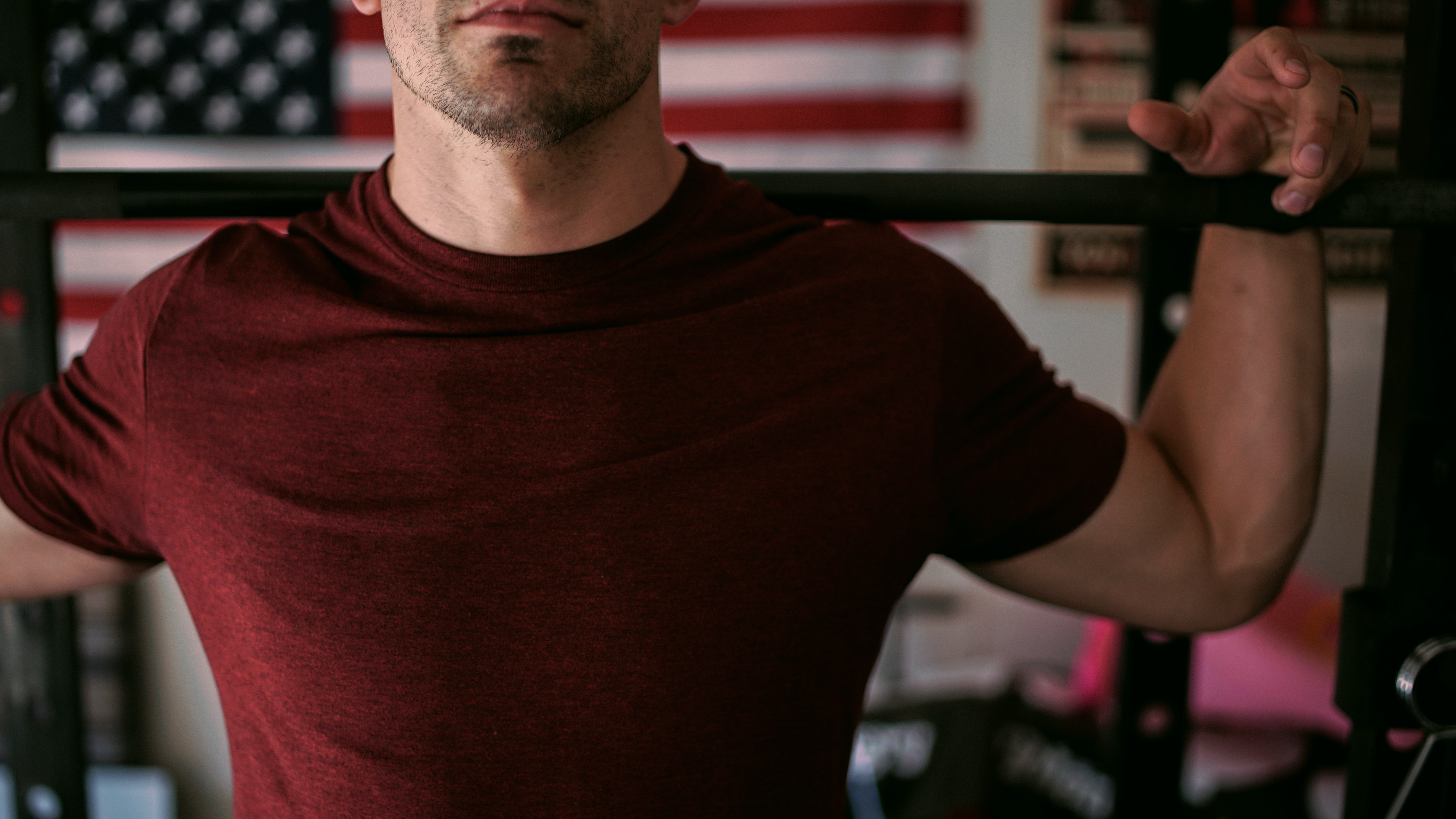whenever you do a training program, especially a chest training program, do you always unconsciously include bench presses and chest clamps as mandatory choices? It seems like it's pretty hard to come up with anything new besides these movements.
The key reason for this is that you are too restricted by the equipment and not thinking about the stimulation of the chest itself. For example, you can design your own variations by adjusting the grip distance, adjusting your body inclination, replacing the tools and many other aspects to increase the difficulty.
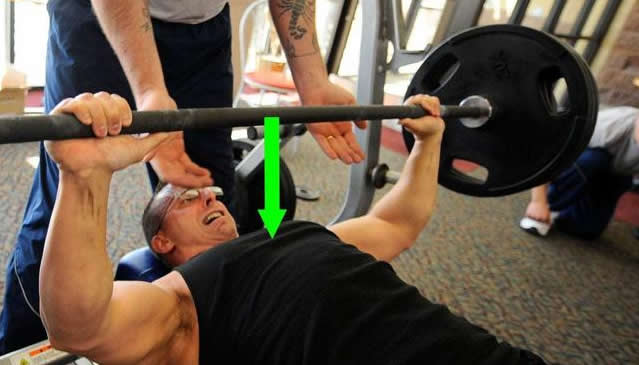
barbell bench press
today here will be 5 niche chest training movements based on exactly this idea. It is likely that you have not tried any of them before, so get on board with your training programme!
1. The narrow grip dumbbell bench press
it is well known that there are many benefits to training the chest with a dumbbell movement. Independent body control, greater range of motion are just a few, but we can use the advantages to improve them.

dumbbell bench press
we can use it on the dumbbell movement to squeeze consistently and keep the pecs growing.
How to do it: Pick up a pair of dumbbells and bench press as usual lying on a flat bench. Before you start, twist your wrists and use a counter grip (palms facing each other). Lean the two dumbbells together and push them upwards.
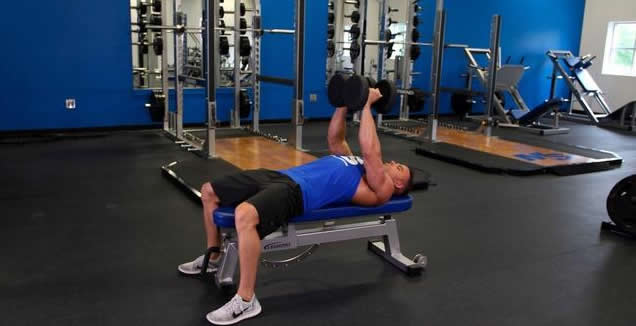
narrow grip dumbbell bench press
the pectoral muscles are under tension before the weight has been moved. Press the weight of the dumbbell towards the mid-chest, keeping the dumbbells in contact and squeezed together. Return to the starting position once the weight has touched the chest, keeping the tension on throughout the movement for 8 to 12 reps.
2. Foot elevation pause push-ups
push-ups should be at least on the top of your list of chest exercises, as there is no more portable, effective and better way to test your strength under self-weight conditions than push-ups for the chest.

foot elevation pause push-ups
don't be one of those people who can bench press very well, but can barely do 20 standard push-ups. Add some resistance and a stability/control factor to the push-up by way of methods that add difficulty and make our pecs scream.
How to do it: You may be familiar with the elevated foot push-up, but pausing at the lowest point of the movement will add to the challenge. Start in a standard push-up position with your hands about 6cm shoulder-width apart and your feet on a bench behind you.
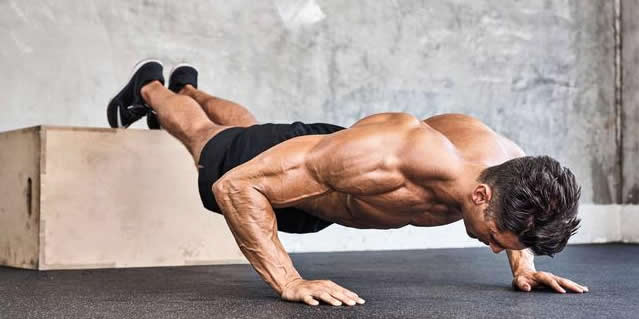
pause push-ups with feet elevated
keep your feet and head in a straight line with your elbows slightly out as you descend to the lowest point. Pause for a count of 3-5 seconds at the bottom position of the movement before returning to the starting position. This is one movement, the more reps you do the better.
3. Explosive push-ups on a box (or bench)
explosive strength training uses the phenomenon of the pull reflex to enhance the development of muscle strength and power. In other words, explosive movements force you to exert force. You've never done explosive training before? Maybe it's time to start.

explosive push-ups
by using a different strength system you can easily transfer it to other aspects of your training. Explosive strength training can quickly increase your reflexes and build strength. Let's take a look at explosive push-ups and how to do them to make them more effective.
How to do it: Prepare two boxes and a bench (hands on one box each and feet on the bench) or two benches (hands and feet in a parallel position). Take a standard push-up position so that your body can descend between the boxes/benches. Once the body is at or below the level of the box/bench, push the body up with as much force as possible, trying to get the hands off the surface.

explosive push-ups
be careful not to fall to the floor when you are down and ready to do the second movement. So do one or two sets at a steady pace before doing the explosive push-ups. Do this as many times as possible and stop training as soon as you notice problems with your movement position.
4. Kneeling floor detonator chest press
the floor detonator (or t-barbell) is an extremely versatile piece of equipment. It is a barbell fixed to the floor at one end and weighing 20kg at the other, which can be rotated in any direction. Rowing, unilateral shoulder training, leg training and core training you can all do with the barrel.
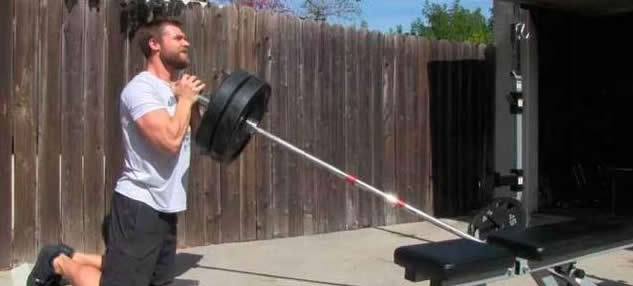
kneeling floor detonator chest press
choose this unique but simple piece of equipment which can lead to better chest development and only requires you to be a little creative and willing to try new things. Next we talk about the kneeling ground mine tube chest thrust.
How to do it: Load one end of the floor detonator with a moderate amount of weight, hold it firmly in your hands and kneel down, place this end at the top of your chest as a starting position and push upwards.
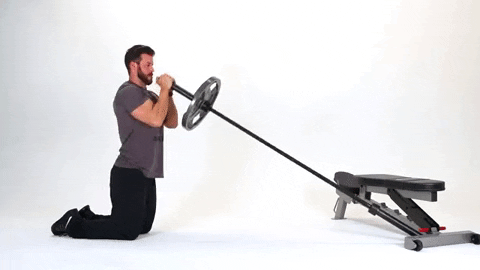
kneeling ground detonator chest thrust
ensure that the shoulders remain back and down throughout the movement and concentrate on contracting the pecs as much as possible. Lower the weight under full control and perform 8 to 12 reps with a medium weight.
5. Super wide grip upward incline bench press
the upper incline bench press is usually the least favourite chest movement for fitness enthusiasts. Why? It's just a matter of pushing a very heavy weight at a harder angle. The truth is that the increased angle of the push increases the stroke of the movement.
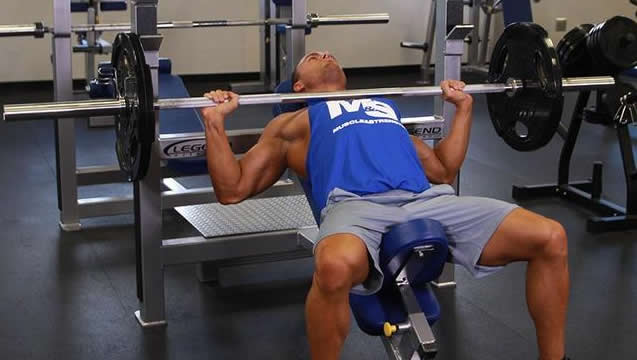
wide grip upper incline bench press
when you do the lower incline bench press, the movement stroke is actually shortened and the shoulders and triceps are at a power advantage angle, so you can lift more weight. But we can't abandon the upper incline bench press, and most people need to train the upper chest more anyway.
How to do it: Do a normal upper incline barbell bench press position with your shoulders down and towards your waist to emphasise the strength in your chest, choose a very wide grip, most tutorials advocate a grip 5-10 cm wider than your shoulders.

wide grip upper incline bench press
if you want to grip a little wider than your shoulders, the grip distance is around 12 inches, depending on how long your arms are. This grip will shorten the stroke slightly but will also stretch the pecs more at the bottom of the movement. Allow the barbell to touch your upper chest before pushing back and doing a tight stretch, repeating each set 6 to 10 times.

